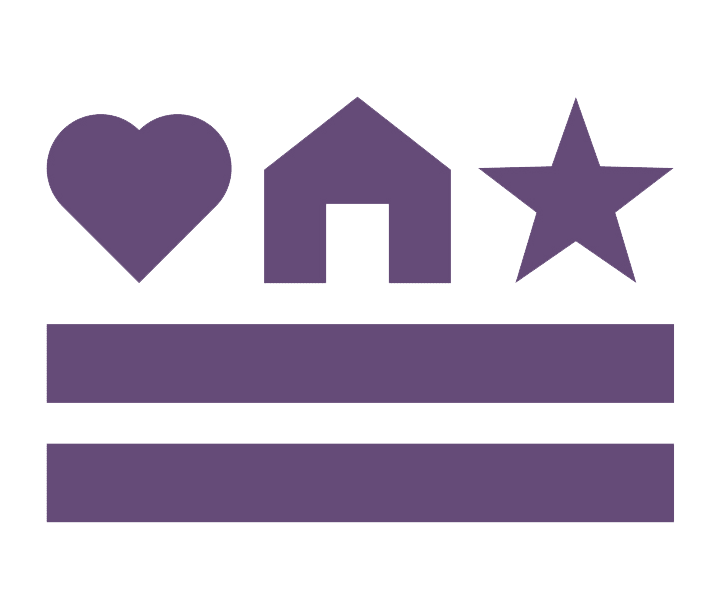How Our Short-Term Rental Rules Have Changed
Reviewing the new rules for short-term and vacation rentals in D.C.
In 2018, the D.C. council passed some new rules regarding short-term and vacation rentals that went into effect at the beginning of this year, but there has been a grace period until June to comply with the new regulations. The changes are pretty big—short-term rentals went from having very little oversight to being very strict.
The first rule to keep in mind is that there are two classifications. The first is short-term rentals. Short-term rentals have to be owner-occupied during the rental, and the rental periods have to be for 30 nights or fewer. A vacation rental is not owner-occupied, but the period is also 30 nights or fewer. If it’s longer than that, I believe they are considered regular rentals.
Vacation rentals are now limited to a total of 90 nights per year (which is really small). It is possible to get an exemption for specific reasons, but the rules don’t seem too flexible. In addition, business entities can’t operate short-term or vacation rentals.
If these rentals are located in condos, co-ops, or communities with a homeowners association, the owner has to attest that the HOA rules allow the rental, or they have to obtain written permission from the HOA. In reality, that written permission won’t really happen. It was already difficult for condo owners to operate vacation rentals, but now it’s even harder.
"It will all come down to the enforcement of these new rules."
On an interesting note, you can’t rent out your house and simply live in the basement. The new rules say that you have to live in the primary portion of your home.
That brings up a larger question: How will these rules be enforced? They’re putting a lot of responsibility on booking services like Airbnb. These sites can collect licensing information from the host and report that data to the Department of Consumer and Regulatory Affairs. I don’t know how often that information will be requested. It also sounds like neighbors can report any suspected infraction of these rules.
The penalties are $250 for the first violation, $500 for the second, and $1,000 for the third. There aren’t any penalties for consumers if they book an unlicensed rental.
Will we be seeing a flood of properties that were previously short-term rentals? There are a ton of short-term rentals out there that won’t be in compliance with these rules, but I think it comes down to enforcement. If we see strict enforcement, we might see some properties come on the market as a result. However, the DCRA doesn’t always have the best follow-through, so the impact remains to be seen.
If you’re thinking about starting a short-term rental, keep these rules in mind. Of course, if you have any questions, I’d love to help. Just call or email me.




.jpg?w=128&h=128)